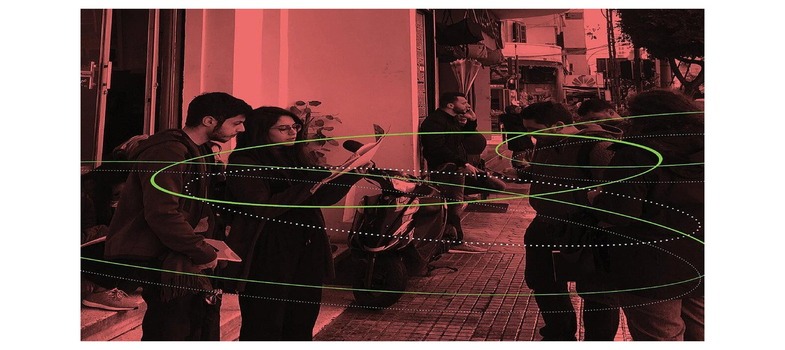3.3 Making sure the project meets ethical requirements

© Nick Youngson CC BY-SA 3.0 Alpha Stock Images
In week 1, we considered the sensitivities of conducting community based research. This means that when you conduct your research you must make sure that your participants are treated with respect and protected from harm.
If you conduct your research in connection with a university or other research-oriented organisation, there will be an ethics committee that will consider whether to approve the research you are planning. Ethics committees have different procedures, and forms for you to complete, but they all operate on the basis that researchers have responsibilities: to those who take part in research, to those who conduct the research, to those who commission research and to those who read and act on research findings.
You will find links to the ethical guidelines of a number of different organisations below. You should find out if any organisation you are working with has their own policy on ethics. They may provide support for you including forms and templates you can use, but we provide a template below to give you an idea of what they cover.
In all research, however, two things are fundamentally important: informed consent and privacy.
Consent
Participants must understand that they are voluntarily consenting to take part in your research, and that they can withdraw that consent at any time without having to explain why. This means that participants understand what the research is and what you will do with the data you collect. If they do not understand what you are doing they cannot consent to take part. This means you must obtain informed consent. Most often this is done by providing participants with a short statement about the research, written in a way that can be easily understood. When participants are satisfied they understand, they are invited to sign an informed consent form which documents their agreement to take part in the research under specific conditions (e.g. that their identity will not be disclosed - see below).
Privacy
Research participants are entitled to privacy, so researchers should undertake to keep their findings confidential and take steps to ensure that the participants remain anonymous. This means that you should take great care of the data you collect (keep it safe and secure) and make sure that all personal details that might identify participants are removed from the data. In reports and publications, you might use pseudonyms in place of the participants’ own names, but remember that this might not be sufficient on its own to protect their identity.
Research with children and vulnerable people
There are additional ethical considerations for conducting research with children or anybody who is not in a position to give fully informed consent. This may be because they are not capable of understanding the research or their rights or may feel under pressure to consent. In these cases, your ethics committee will evaluate if the research is really justified and ask you to obtain the informed consent of parents or guardians in addition to the consent of the child or vulnerable participant.
Templates
Many ethics committees provide templates that you can use to obtain informed consent in writing. You can find such a template below, but this is for information only. You should consult the requirements of your ethics committee. There are times when you cannot obtain consent in writing (for example, your participants do not wish to have a written record of their involvement). In these cases, it may be acceptable to obtain informed consent verbally, as long as it is recorded in some way. Your ethics committee will advise you in this.
Over to you
Sometimes, ethical issues arise and require you to negotiate an ethical course of action. Consider the following scenario:
You would like to interview some community members as a group, but this means that the group members will know who else is taking part in the research. As a result, the information you provide to participants asks everyone in the group to protect the privacy of the others involved in the research and not to discuss the research outside of the group.
In the forum, consider whether you think this course of action is sufficient to allow the research to continue?
Are there other ethical issues you have encountered or can anticipate? How should an ethical course of action be negotiated in these cases?
